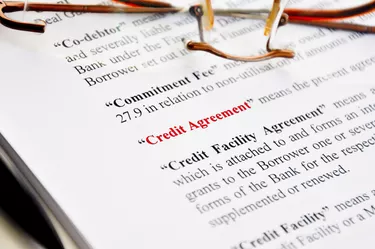
A charge off account is a tax and accounting maneuver done by a creditor. It means that they are reporting the debt as a loss on their income taxes so that they may claim it as a deduction from their income. A charged off debt does not mean that the creditor can't try to collect the debt in the future.
Time Frame
Video of the Day

A creditor will usually charge off a debt if it has been delinquent for 180 days, or six months from the date of the last payment. At that time the account will probably report as "charged off" on your credit report.
Video of the Day
Significance
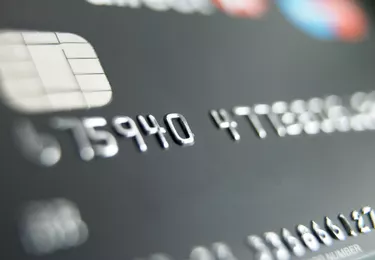
A charge-off will have a serious impact on your credit score. This is a major delinquency in the eyes of most banks and credit card companies. A charge-off may also be listed on your credit report twice; once for the original creditor who charged it off and again for the collection agent pursuing the account.
Misconceptions
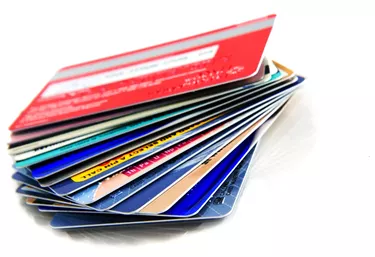
Often people believe that when a creditor charges off their account, they do not have to pay the bill or that their obligation to the creditor is voided. This is not true. A charged off account can be sold to a collection agency, which may use more aggressive collections techniques. A creditor may also transfer the balance to its own specialized collections department.
Benefits
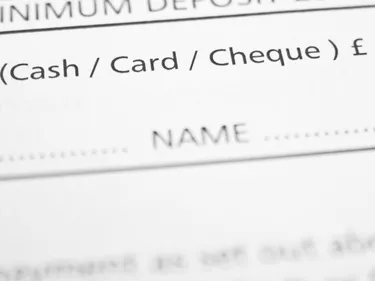
In the past, paying off a charged off account could harm your credit score because it brought the collection account to a more recent status. This part of the credit scoring model has been changed. If the charged off account is still showing a balance on your credit report, you will generally improve your credit score by paying the bill in full. If the balance is already reporting as a zero balance because the creditor sold the account, then the payoff probably won't help your credit score as much.
Prevention/Solution

It is important to keep track of your bills and the payment due dates. It is possible to be surprised by a charged off account when you don't remember the original bill. Check your credit report each year. You can get a free copy of your credit report from each of the three reporting agencies each year for free by going to the annual credit report website.
Warning
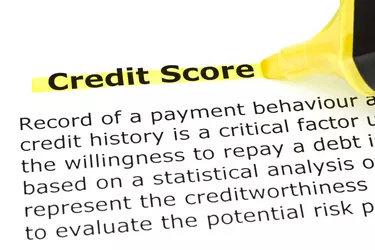
Settling a charged off account for less than you owe can cause damage to your credit score. Settled accounts report as such and the settlement is now more recent than the previously charged off account. More recent accounts have a larger influence on your credit score.